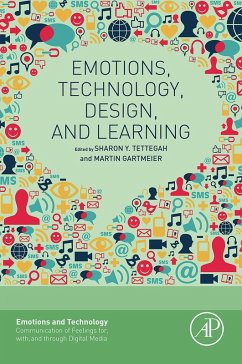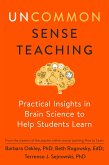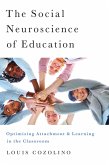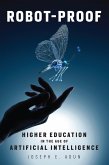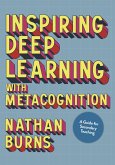Emotions, Technology, Design, and Learning provides an update to the topic of emotional responses and how technology can alter what is being learned and how the content is learned.
The design of that technology is inherently linked to those emotional responses. This text addresses emotional design and pedagogical agents, and the emotions they generate. Topics include design features such as emoticons, speech recognition, virtual avatars, robotics, and adaptive computer technologies, all as relating to the emotional responses from virtual learning.
- Addresses the emotional design specific to agent-based learning environments
- Discusses the use of emoticons in online learning, providing an historical overview of animated pedagogical agents
- Includes evidence-based insights on how to properly use agents in virtual learning environments
- Focuses on the development of a proper architecture to be able to have and express emotions
- Reviews the literature in the field of advanced agent-based learning environments
- Explores how educational robotic activities can divert students' emotions from internal to external
Dieser Download kann aus rechtlichen Gründen nur mit Rechnungsadresse in A, B, BG, CY, CZ, D, DK, EW, E, FIN, F, GR, HR, H, IRL, I, LT, L, LR, M, NL, PL, P, R, S, SLO, SK ausgeliefert werden.

